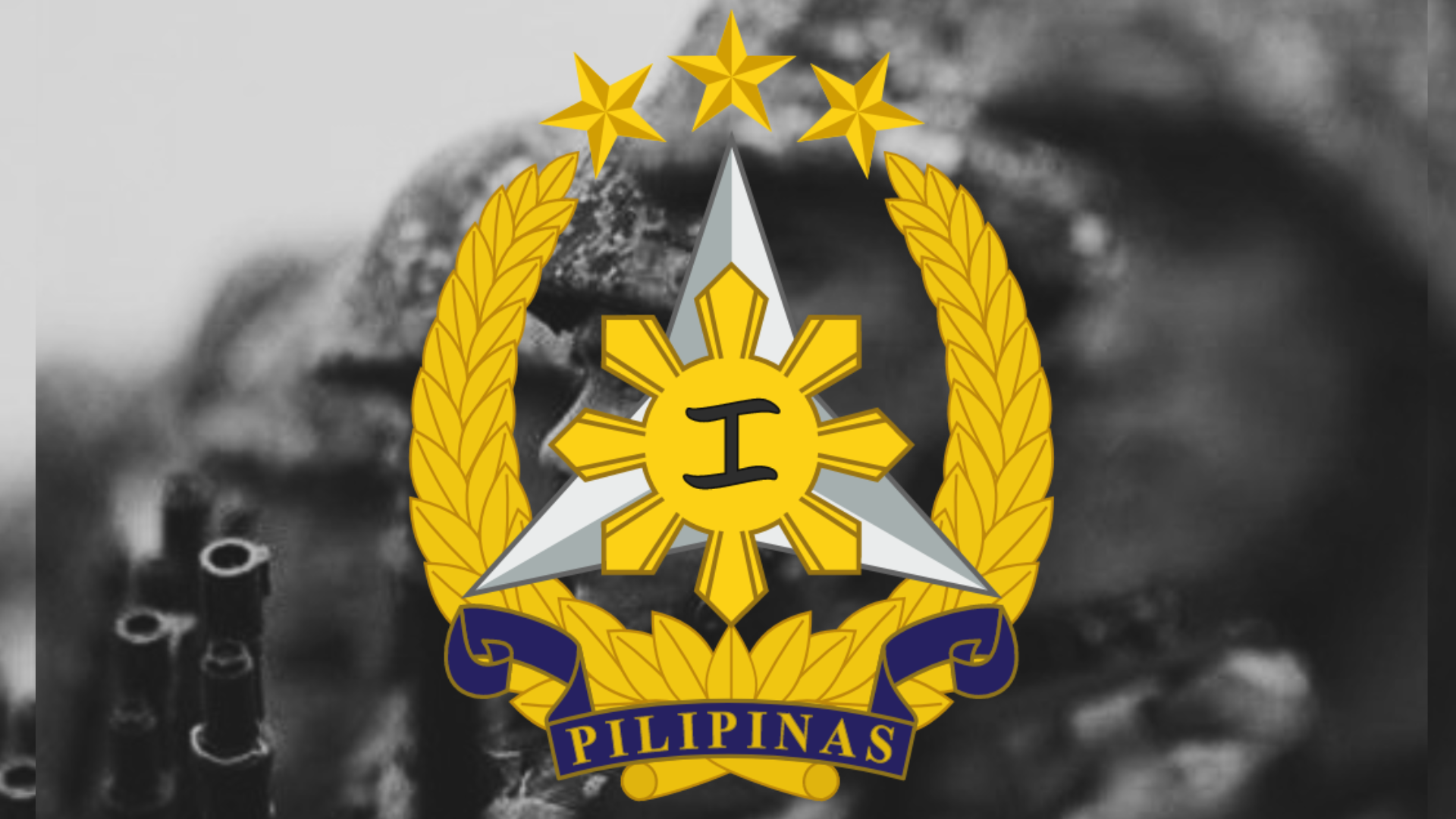The police officer arrested and charged for the murder of race car champion Ferdinand “Enzo” Pastor has retracted his confession.
Police Officer 2 (PO2) Edgar Angel who earlier confessed to the shooting of Pastor submitted a counter-affidavit yesterday stating that his confession was made under duress and that his arrest was “unlawful”.
Pastor, a race car driver was shot dead by a motorcycle riding gunman in Quezon City in the evening of June 12. Police investigations pointed out the motive to be a love triangle involving Pastor’s wife, Daliah Guerrero-Pastor, and her alleged lover, businessman Domingo “Sandy” De Guzman III.
Media reports indicate that Angel was forced to follow a script or be subjected to liquidation. Police also used his friendship with De Guzman to suit their script.
According to the counter-affidavit, Angel was first arrested in Metro Walk in Pasig and not in a ‘buy-bust’ operation in Libis, Quezon City which was earlier reported. After the arrest in Pasig City, he was interrogated in Camp Karingal. Also, two female lawyers from the Public Attorney’s Office at the Quezon City Hall of Justice came and interviewed him but did not assist him in his confession “under duress”.
Meanwhile, Chief Supt. Richard Albano, chief of the Quezon City Police District, insisted that there were no irregularities and that Angel’s confession remains valid.
Unsolved Crimes and Scripted Investigations
We cannot determine if Angel was telling the truth or not. But allegations of scripted investigations have a serious implication on law enforcement and is a serious concern for every citizen.
Is creating a script and forcing a suspect to follow it a way of solving crimes for the Philippine National Police (PNP)? If so, every citizen has to fear this method of “solving” crimes because anyone can be tagged as a primary suspect of a crime. And before the suspect know it, he has already been forced to be guilty. The effect is an injustice to a crime suspect who should be presumed innocent until proven guilty, not until forced to be guilty.
It is also notable that the case of Pastor’s murder was included in the State of the Nation Address (SONA) of President Aquino last July. The context was that it praised the quick action of local law enforcement agencies in handling high-profile cases. But the recent retraction of Angel puts a bad image in the nation’s law enforcement and crime investigation capability. The allegations of Angel taint the integrity of the PNP, which the institution should clear immediately.
Making up a story and putting facts to support it is not investigation at all. It can be related to a cover-up and synonymous to a frame-up. But the recent turn of events for the investigation of Enzo Pastor’s murder, if proven true, tells that the case remains unsolved and justice remains elusive.






2 responses to “Enzo Pastor Slay Suspect Retracts Confession; Are Police Investigations Scripted?”
It shows LE has not progressed as it still relies on shaky and secondary testimonial evidence instead of forensic or physical proof.
PNP investigations are purely dependent on ‘witness testimony’ which has been proven, years ago to be the most unreliable form of evidence. Types of evidence
There are a number of different types of evidence:
Testimony – the oral statement of a witness made on oath in open court and put forward as evidence of the truth of what he or she says.
Real evidence – this is usually a material object of some kind, which is produced for inspection, either to prove that it exists, or so that the court can make an inference as to its condition or value, for example ripped clothing, a knife or burnt document.
Hearsay evidence – when a witness, or someone else, makes a statement other than in the course of their testimony, this is referred to as an ‘out of court statement.’ Hearsay evidence is an out of court statement which is being relied upon to prove the truth of its contents.
Original evidence – this is an out of court statement offered for a relevant purpose other than proving the truth of its contents, for example to prove something was said at all.
Documentary evidence – this consists of documents which have been produced for inspection by the court. These may be items of real evidence, original evidence or hearsay.